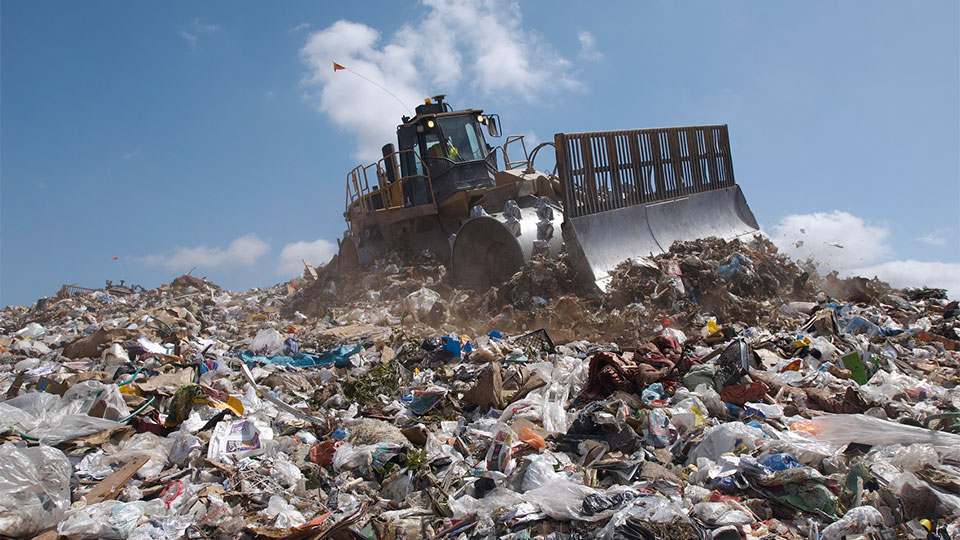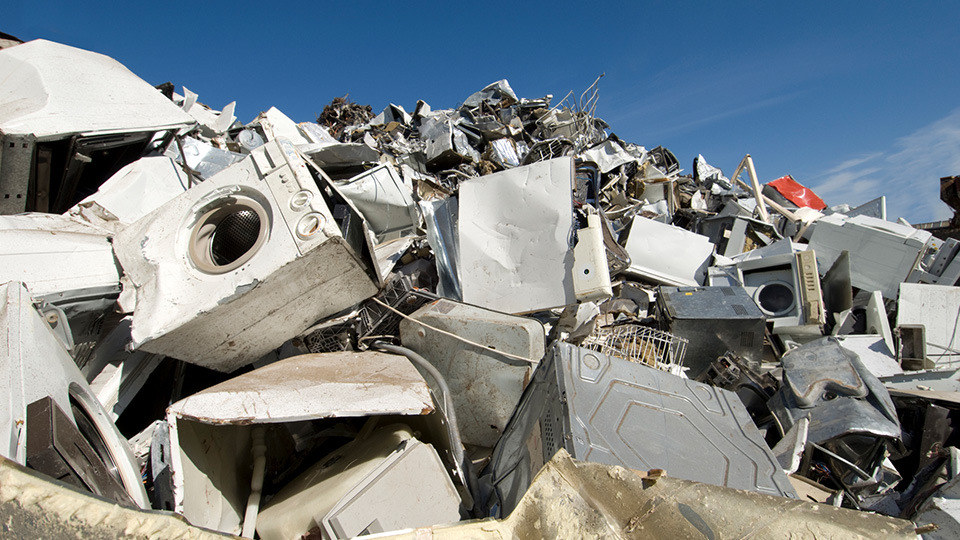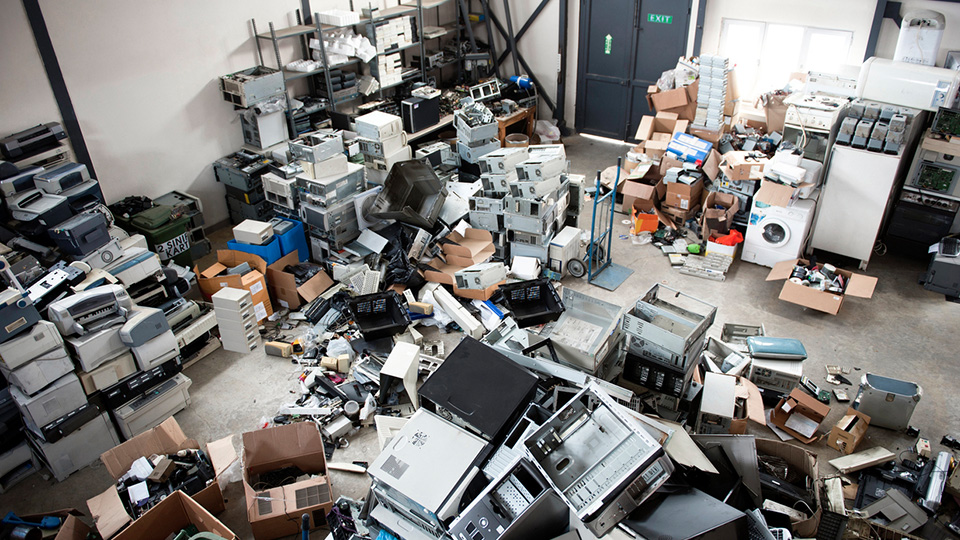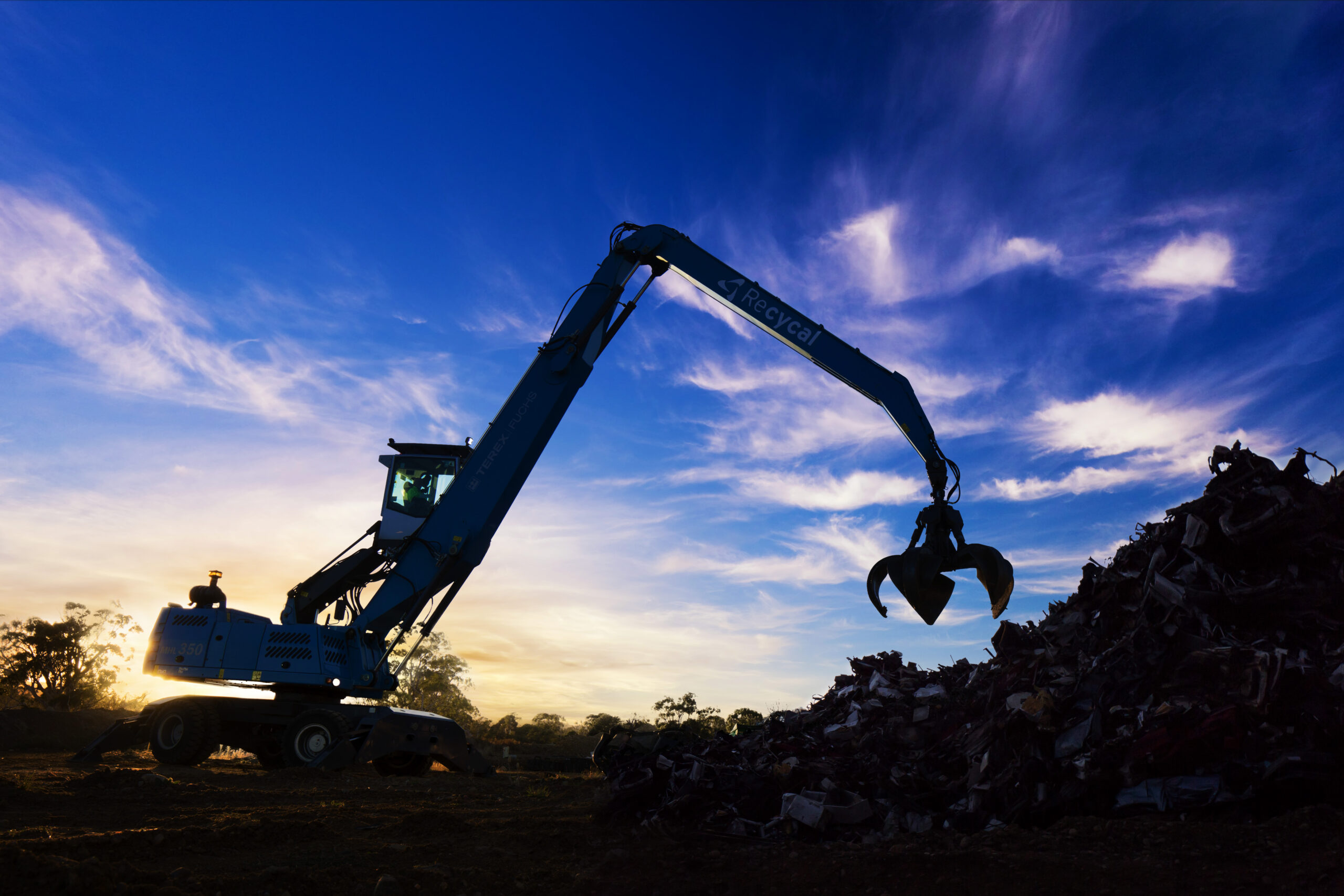When you drop off your old computer at a recycling centre, particularly one that is a member of a government-endorsed recycling program, you have every right to expect that your e-waste will be safely recycled.
You should also be able to expect that most of the recycling will take place within Australia, in accord with international conventions.
So how do we stack up? An investigation by the Basel Action Network (BAN) indicates we need to do better.
Revealing where the e-waste landed
BAN takes its name from the Basel Convention that governs the international transfer and disposal of hazardous wastes.
For the Australian study, BAN placed GPS trackers in 35 old computers, printers and monitors, including those that contained mercury.
The used items were dropped off at e-waste recycling centres in Sydney, Adelaide, Brisbane and Perth.
So, where did they end up?
The good news is 11 items were transferred to Australian recyclers. Four ended up in landfill (possibly legal) while seven items remained at their drop-off locations.
Two were exported to Hong Kong and Thailand, and one was at a seaport, presumably awaiting export.
The remainder either did not generate a signal or the location couldn’t be identified.
BAN investigated the facilities in Hong Kong and Thailand where the items ended up and in both cases the export of the e-waste items was ‘likely illegal’, representing the transfer of hazardous waste from a developed to less developed countries.
The scale of the problem
BAN acknowledges that the investigation is with small numbers, but if the findings of this investigation are extrapolated to Australia’s mountain of e-waste, it equates to more than 16,000 tonnes (about 900 shipping containers) of e-waste being exported to developing countries each year.
That doesn’t take into account that some of the items that were unable to be tracked and may have been illegally exported.
The other issue of concern is the number of units that ended up in landfill.
This points to nearly 65,000 e-waste units being dumped in Australia and while this may remain legal in some states, it represents a betrayal of trust.
Consumers who do the right thing and take their end of life e-waste to a recycling facility should have full confidence that these items will be recycled.
Not surprising
Ecocycle Business Development Manager Mr Daryl Moyle isn’t surprised by the findings.
“Unfortunately, as long as the risks of detection are low, unscrupulous operators will do what they can to maximise their profits. The Basel Convention is only as good as the enforcement system that supports it, and as the Basel Action Network has demonstrated, more effective enforcement is required,” Mr Moyle said.
He said a different approach is required with regard to dumping e-waste in local landfills.
“With Victoria’s ban on sending e-waste to landfill not scheduled to come into force until mid-2019 there’s still a window in which e-waste collectors can just dump this waste.
“Even after that, landfill will continue until there are uniform laws around Australia and a strong enforcement system is in place,” he said.
Mr Moyle said Ecocycle fully supports BAN to reveal some of the dirty secrets of the e-waste industry.
“We make investments in technology to deal responsibly with all the wastes we handle, particularly for e-waste, to ensure it is recycled responsibly. But for recycling to prevail we need a level playing field in which everyone abides by the rules.”





